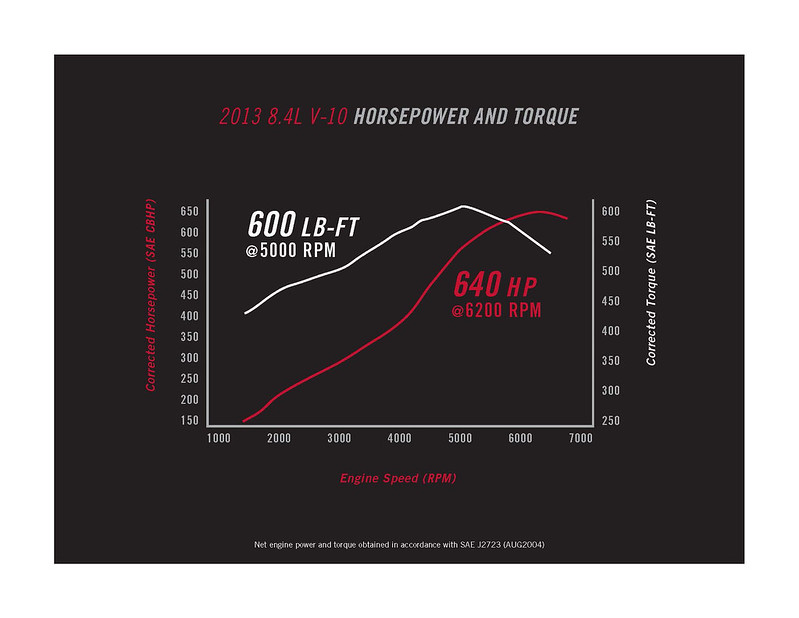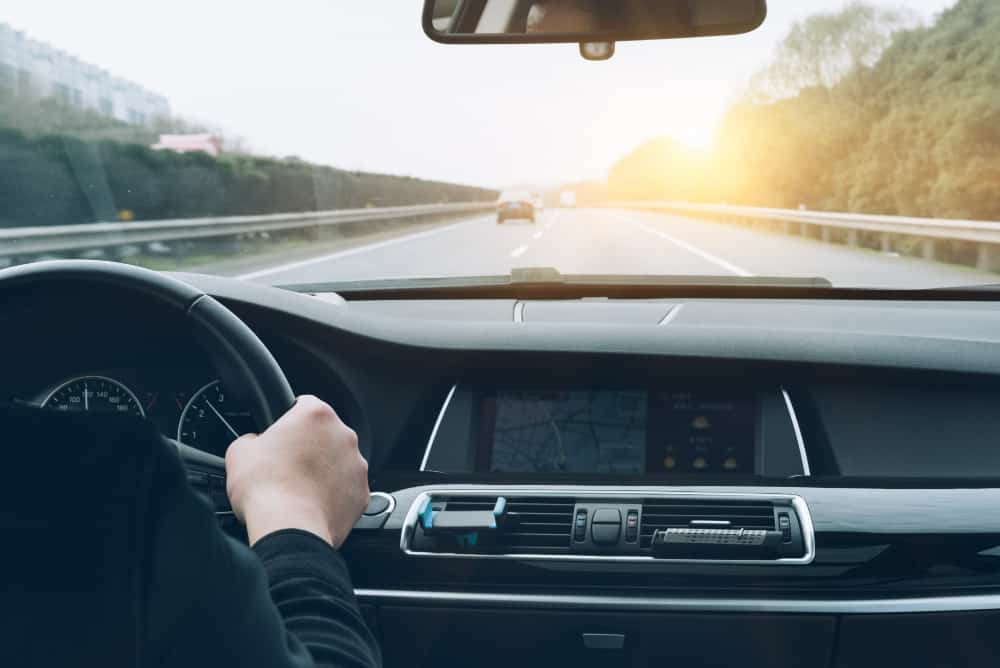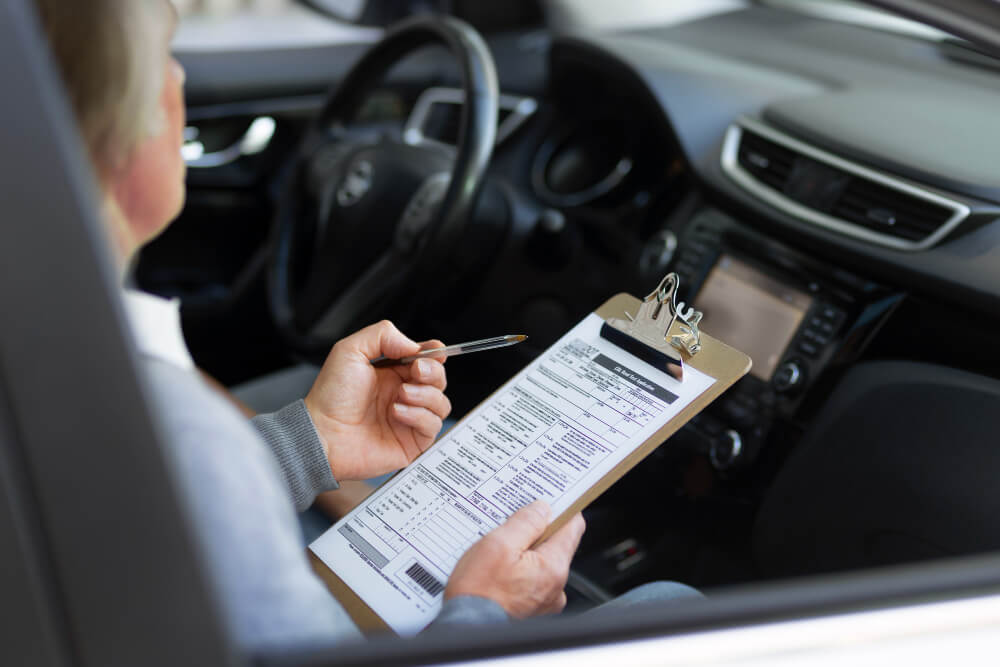You’ve likely encountered the terms “horsepower” and “torque” numerous times. They’re ubiquitous in car specifications, plastered throughout reviews, and boldly displayed in virtually every comparison video online.
When you turn the key and hit the accelerator, the engine produces torque and power. As fuel and air combust in the engine’s chambers, the crankshaft, transmission, and drive axles rotate. This is the miraculous conversion of potential energy contained in a gallon of recycled dinosaurs into the kinetic energy necessary for driving.
These terms denote the level of performance a vehicle possesses. Essentially, they determine how fast your car can go. The greater the horsepower and torque, the higher your speed. This is why car ads frequently tout the impressive horsepower and torque output of their respective vehicles.
Although you may have heard of these concepts before, you may not be certain about what they actually do and how they differ. Fortunately, we have a straightforward explanation that will help clarify things.
What is Torque?
Torque, in essence, is a measurement of rotational force. Specifically, it denotes the quantity of force necessary to rotate an object around an axis. Torque is quantified in lb-ft.
To visualize torque, consider a bolt with a nut on it that you wish to loosen using a wrench. You position the wrench onto the nut and apply a particular amount of force to loosen it. The force generated in this scenario is known as torque.
Torque is determined by multiplying the force you apply to the wrench by the length of the wrench. Therefore, utilizing a longer wrench can produce a greater amount of torque.
Torque in Context of Cars
In an internal combustion engine, the up-and-down motion of the pistons inside the cylinders generates force that is transmitted to the crankshaft. The crankshaft then translates this force into a rotational force, or torque, which is ultimately conveyed to the drive wheels. As such, torque is an indication of the force with which the engine will turn.
Simply put,
- Torque is a unit of measurement for rotating force.
- Torque is produced by engines as they spin.
- Torque is often referred to as an engine’s “grunt,” as it affects the engine’s ability to perform work.
- Engine power is determined by the interaction of torque and engine speed (rpm).
In real-world scenarios, torque is the sensation you experience as the engine’s force propels the vehicle forward and pushes you back into your seat, provided the tires don’t break traction and begin to smoke and screech.
In essence, if your engine has substantial torque, your car can accelerate more swiftly when starting. Torque is also crucial when your vehicle is performing arduous tasks like hauling heavy loads or ascending steep inclines.
What is Horsepower?
Although torque is an essential measure of a vehicle’s performance, it does not provide the entire picture as it fails to take time into account.
To illustrate this point, consider two individuals with a 300-pound weight-lifting capacity. One of them struggles to lift the weight, taking breaks and grunting before finally hoisting the barbell over his head. The other individual swiftly and explosively lifts the weight. Both people can generate the same force, but the person who moves the weight faster has generated more power.
So basically, power is the rate at which work is done. The formula in physics for power is force multiplied by velocity, and it is measured in kilowatts (kW) or formerly in horsepower (hp).
Horsepower in Context of Cars
Horsepower is a term used in the automotive industry to describe how much power an engine can generate in a specific period of time. More precisely, horsepower is a measurement of the rate at which an engine produces torque, which corresponds to the speed at which the crankshaft turns.
Simply put,
- Horsepower (hp) is the force generated by an engine and is essentially torque measured over time and distance.
- High power is obtained by a motor through either high torque or high engine (rotation) speeds.
- Leaving other variables aside, the higher the horsepower, the faster your car can go.
In practical terms, horsepower is the sensation of speed experienced as the engine revs up, the landscape whips by, and the vehicle accelerates faster and faster towards its redline. While torque is a measure of an engine’s instantaneous ability to perform work, horsepower is a measure of its sustained work output over time.
Horsepower doesn’t play a significant role in a vehicle’s “off-the-line” acceleration performance, but it comes into play once the car is in motion, allowing for high top speeds and the ability to maintain such high speeds.
Relationship between Horsepower and Torque
Torque and horsepower are intricately related and are both needed to achieve optimal performance. Torque is the force generated by the engine, while horsepower is the measure of how quickly the work is being done.
The power and torque of a car engine, as well as its gearing and where each falls on the engine rotation per minute (rpm) range, determine the vehicle’s acceleration and speed.
To calculate horsepower, a simple equation is used: Horsepower = Torque x RPM / 5,252, where 5,252 is the conversion between lb-ft and horsepower.
How Engine RPM affects Horsepower and Torque?
However, while thumbnail definitions may be useful in textbooks, they do not fully apply to real engines. It is important to understand that each car engine has an idle-to-redline operating range, and the peak power and torque figures that manufacturers advertise are only achieved over a narrow range of engine speeds.
For example, the SRT Viper with an 8.4L V-10 produces 640 horsepower ‘only’ at 6200 rpm, and delivers its maximum 600 pound-feet of torque ‘only’ at 5000 rpm.
By plugging in various rpm values into the equation, an idea can be obtained about the range of power an engine can produce. Engine builders measure the relationship between torque and horsepower on a dynamometer and output the results on a dyno map.

By analyzing the previously mentioned graph, it becomes clear that the highest torque output of an internal combustion engine is achieved at lower engine speeds compared to the point where maximum power is attained.
To reach maximum horsepower, one has to rev up the engine to the redline by fully pressing the accelerator and keeping it in that position. On the other hand, the point of maximum torque occurs earlier in the rev range, which means that during regular driving, the maximum torque output is more likely to be experienced rather than the peak horsepower.
Is more power better for speed and more torque better for acceleration?
When it comes to top speed, horsepower is more important. The greater the horsepower that is produced at relatively high rpm, the faster the car can theoretically go. For example, the Bugatti Chiron produces 1,500 horsepower and can reach a top speed of 300 mph.
However, In terms of acceleration, torque plays a bigger role in how quickly a car can accelerate. This is because torque is generated by the force that the pistons produce. However, peak torque and how long it is sustained are also important factors that affect acceleration. The fastest cars can generate high levels of torque force at relatively low rpm, allowing them to accelerate quickly. When you slam on the gas and feel your neck pushed back into your seat, that’s the torque at work.
To illustrate the difference between torque and horsepower in acceleration, consider two theoretical cars with the same horsepower of 300 but different torque values. Car A has 250 lb-ft of torque arriving at 6,000 rpm, while Car B has only 200 lb-ft of torque, but it arrives at 1,500 rpm and stays constant until its 6,000 rpm redline. In this scenario, Car B would out-accelerate Car A, despite having less torque, because it can sustain its torque output over a broader range of engine speeds.
Horsepower vs Torque: What do you need?’
It’s important to understand that both horsepower and torque are important for a vehicle’s performance and are interrelated.
But what about the larger moral question that faces humanity in general, and automobile enthusiasts in particular: Which is better?
While both are necessary to move a vehicle, it depends upon your needs and driving conditions.
Hauling or Towing
If you frequently transport trailers, campers, boats or other heavy loads, you’ll likely appreciate the additional power provided by a high-torque engine. Torque plays a crucial role in helping your vehicle start and maneuver through hills, and it can be more important than horsepower in maintaining smooth engine performance when you’re carrying a heavy load.
For example, let’s consider the 2019 Chevrolet Silverado 1500, which is equipped with a 6.8L V8 engine and four-wheel drive. This vehicle is estimated to tow up to 12,200 lbs when equipped properly.
It’s worth noting that diesel engines are often available as an option for trucks, primarily because they are designed to produce more low-end torque, which makes them well-suited for heavy hauling tasks.
Driving Experience
If you’re someone who prioritizes speed and enjoys drag racing, then horsepower is likely the metric you are most interested in. It’s a good indicator of pure speed and may be all you need to consider if you simply want to drive quickly.
However, it’s important to remember that the advertised horsepower number is typically only relevant when you are accelerating with the pedal to the metal for several seconds. Unless you are on a racetrack or merging onto a highway with the windows down and music blasting, that’s not how most people drive on a day-to-day basis.
For those who spend most of their time driving in the city, confined to speed limits of 30 mph or less, peak horsepower is far less important than the amount of torque a vehicle produces. A car with a high torque output will typically feel more responsive in stop-and-go traffic than one that is optimized for power. If you want a vehicle that feels quick and responsive for urban and suburban driving, look for one with a larger torque peak that occurs at a lower rpm, as that’s where most driving occurs. It’s also worth bearing in mind that a higher horsepower number does not always equate to more towing capacity, acceleration, or speed. The weight of the vehicle plays a significant role in its abilities, so it’s important to consider the whole package when choosing a vehicle, including factors like size, weight, transmission, and fuel economy. Simply opting for the vehicle with the biggest numbers may not always be the best choice.




